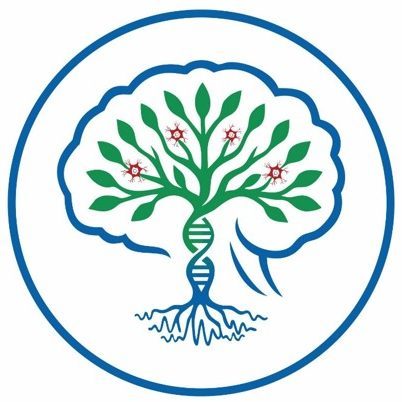🔬The Association of Clinical Neurophysiologists and Medical Geneticists of the Republic of Uzbekistan announces the need to establish a national bioethics and legal regulation system for the handling of biological and genetic data.
📌 We live in an era where genetic information has become a strategic resource. The introduction of personalized medicine, the development of DNA diagnostics, the digitalization of healthcare, and artificial intelligence create new opportunities — but also new risks.
💡 International scientific grants and investments play a vital role in the development of science and medicine, providing access to cutting-edge technologies and global expertise. However, sending biological material abroad, especially in large volumes, is unacceptable, even if valuable diagnostic or scientific data is available. This is categorically against national security, bioethics, and sovereignty interests, unless clear legal and bioethical protection mechanisms are in place.
📜 According to international legal norms:
-
GDPR (EU) treats genetic data as particularly sensitive information requiring strict regulation;
-
The Council of Europe’s Convention on Human Rights and Biomedicine (Oviedo) prohibits discrimination and unethical use of biological data;
-
UNESCO recognizes genetic information as part of human dignity;
-
WHO (2023) recommends that countries implement national mechanisms for controlling the handling of genetic information.
❗️ In particular, large-scale export of biological material and the unjustified transfer of genetic data abroad — even under the guise of scientific grants — is unacceptable. This is not only a matter of security but also of justice. All international scientific projects related to genetics and biobanking must be carried out exclusively within Uzbekistan, with mandatory participation of local specialists and under national institutions’ control.
🔠 The Association emphasizes the priority of patient, physician, and national rights as the foundation of national biotechnological sovereignty.
🔹 We will actively protect the interests of specialists and patients, working towards creating a system of legal regulation in biosafety, genetic ethics, and personalized medicine.
🔹 We support the creation of a National Reference Genetic Laboratory, operating exclusively within the Republic of Uzbekistan, where a full cycle of processing will be ensured: from biological material collection to storage, analysis, and interpretation of genetic data — in strict compliance with international and national standards. Such a laboratory should be supported by the state, including funding through the mandatory health insurance system and targeted national funds.
🔹 We advocate for transparent conditions for participation in international scientific initiatives, with mandatory participation of local specialists, legal protection of physicians’ and patients’ rights, and the prevention of data leakage.
🔹 We are involved in the development of regulatory acts, clinical protocols, bioethical regulations, and legal mechanisms that facilitate the safe and just use of data for medical and scientific purposes.
⚖️ The Association calls for the following measures at the state level:
-
Development and adoption of a law on biosafety, bioethics, and the protection of genetic information.
-
Formalization of standards for the storage, destruction, and cross-border transfer of biological materials and DNA data.
-
Creation of independent bioethical and legal committees for all projects dealing with genetic information.
-
Organization of international research exclusively within the country and under national control.
-
Introduction of mandatory informed consent, transparent access to results, the right to refusal, and the removal of data.
📣 The Association of Clinical Neurophysiologists and Medical Geneticists of the Republic of Uzbekistan:
-
Brings together specialists in medical and laboratory genetics, clinical neurophysiology, neurology, neurosurgery, epileptology, pediatrics, and related disciplines;
-
Protects the rights of the professional community and patients;
-
Actively participates in forming the scientific, ethical, and legal agenda in medical technologies and genetic research;
-
Supports scientific exchange, the introduction of innovative approaches, the development of personalized medicine, and ensuring national control over the country’s genetic resources.
